August 6 stands as one of history’s most eventful days, witnessing the rise and fall of empires, groundbreaking discoveries, and moments that shaped our modern world across centuries of human achievement.
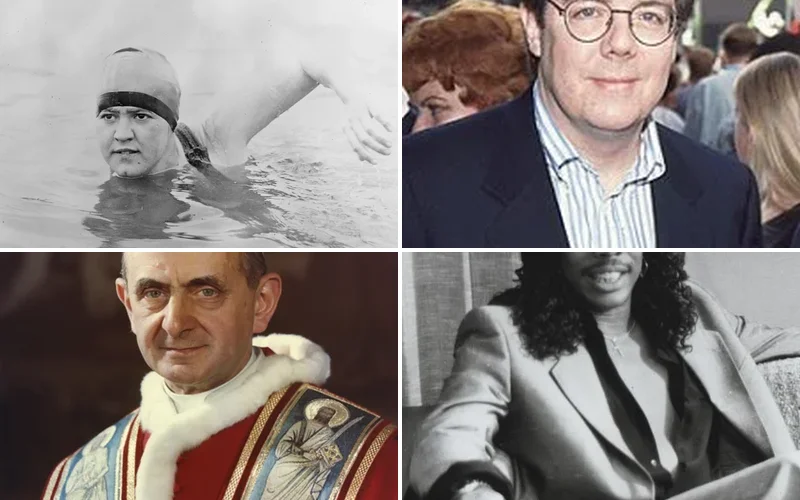
Politics and Government Events on August 6
1962 – Jamaica Becomes Independent from the United Kingdom
The British colony of Jamaica achieved its independence after centuries of colonial rule. The new nation emerged as a sovereign state within the Commonwealth of Nations.
Prime Minister Alexander Bustamante led the celebration ceremonies in Kingston. Jamaica’s independence marked a significant milestone in the decolonization of the Caribbean region.
1965 – President Johnson Signs the Voting Rights Act
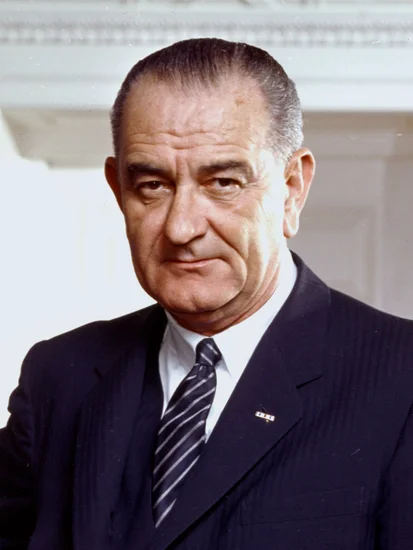
President Lyndon B. Johnson signed the landmark Voting Rights Act of 1965 into law. This legislation dismantled barriers that prevented African Americans from exercising their constitutional right to vote.
The Act specifically targeted discriminatory practices like literacy tests and poll taxes. Johnson’s signature marked a pivotal victory for the civil rights movement in America.
1958 – Chile Repeals Anti-Communist Laws
Chile repealed the Law of Permanent Defense of Democracy, which had outlawed the Communist Party. The legislation had banned 26,650 persons from electoral participation since its enactment.
This political reversal restored democratic rights to thousands of Chilean citizens. The repeal signaled a significant shift toward greater political freedom in the country.
1991 – Japan Elects First Female House Speaker

Takako Doi, chair of the Social Democratic Party, became Japan’s first female speaker of the House of Representatives. Her historic appointment broke through centuries of male-dominated political leadership.
Doi’s election represented a watershed moment for women’s political participation in Japan. Her leadership inspired a new generation of female politicians across the nation.
1940 – Soviet Union Annexes Estonia
The Soviet Union formally annexed Estonia, ending the Baltic nation’s independence. This annexation occurred as part of Stalin’s broader territorial expansion during World War II.
Estonian resistance movements continued operating underground for decades. The annexation remained unrecognized by most Western nations throughout the Cold War period.
2008 – Military Coup in Mauritania
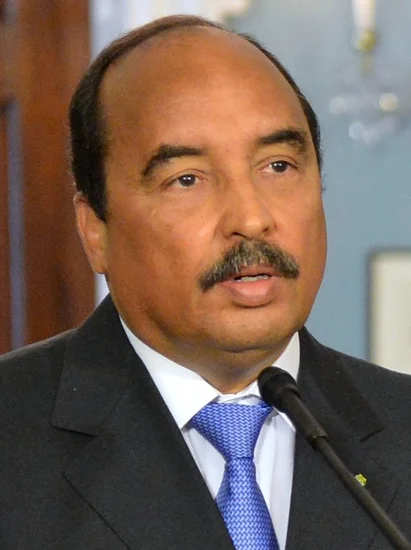
A military junta led by Mohamed Ould Abdel Aziz staged a coup d’état in Mauritania. The military officers successfully overthrew president Sidi Ould Cheikh Abdallahi’s government.
The coup disrupted Mauritania’s democratic transition process. International observers condemned the military takeover and called for constitutional governance restoration.
Military and Naval History on August 6
1945 – Atomic Bomb Dropped on Hiroshima
The United States dropped the atomic bomb “Little Boy” on Hiroshima, Japan, from the B-29 bomber Enola Gay. Around 70,000 people were killed instantly in the devastating blast.
Tens of thousands more died in subsequent years from radiation poisoning and burns. This marked the first use of nuclear weapons in warfare, fundamentally changing global military strategy.
1914 – German U-boats Begin Campaign
Ten German U-boats departed their base in Heligoland to attack Royal Navy warships in the North Sea. This marked the beginning of Germany’s submarine warfare campaign during World War I.
The U-boat offensive represented a new form of naval warfare. German submarine tactics would eventually draw the United States into the global conflict.
1915 – Battle of Sari Bair Begins
Allied forces mounted a diversionary attack at Sari Bair, timed to coincide with major reinforcements landing at Suvla Bay. The battle formed part of the broader Gallipoli Campaign against Ottoman forces.
The coordinated assault aimed to break the deadlock on the Gallipoli Peninsula. Despite initial optimism, the offensive ultimately failed to achieve its strategic objectives.
1917 – Battle of Mărășești Commences
Romanian and German armies clashed at the Battle of Mărășești during World War I. This engagement became one of Romania’s most significant military confrontations of the war.
Romanian forces demonstrated remarkable resilience against German advances. The battle’s outcome would significantly influence Romania’s position in the post-war settlement.
2011 – Deadliest Day for U.S. Forces in Afghanistan
A United States military helicopter was shot down in Afghanistan, killing 30 American special forces members. Seven Afghan soldiers and one Afghan civilian also perished in the incident.
This tragedy marked the deadliest single event for U.S. forces during the entire Afghanistan War. The incident included the loss of a military working dog alongside the human casualties.
Science and Discovery Milestones on August 6
1996 – NASA Announces Potential Martian Life Evidence
NASA announced that the ALH 84001 meteorite, believed to originate from Mars, contained evidence of primitive life-forms. This groundbreaking discovery suggested the possibility of ancient life on Mars.
The meteorite analysis revealed microscopic structures resembling fossilized bacteria. This announcement sparked intense scientific debate about extraterrestrial life possibilities.
2012 – NASA’s Curiosity Rover Lands on Mars
NASA’s Curiosity rover successfully landed on the surface of Mars after its complex journey through space. The landing represented a triumph of engineering and space exploration technology.
Curiosity’s mission focused on analyzing Martian soil and rock samples. The rover’s discoveries would revolutionize our understanding of Mars’ geological history and potential habitability.
1991 – World Wide Web Goes Public

Tim Berners-Lee released files describing his revolutionary idea for the World Wide Web. The WWW made its first appearance as a publicly available service on the Internet.
This release marked the beginning of the modern internet age. Berners-Lee’s innovation would fundamentally transform global communication and information sharing.
Cultural and Arts Events on August 6
1926 – First Public Vitaphone Screening
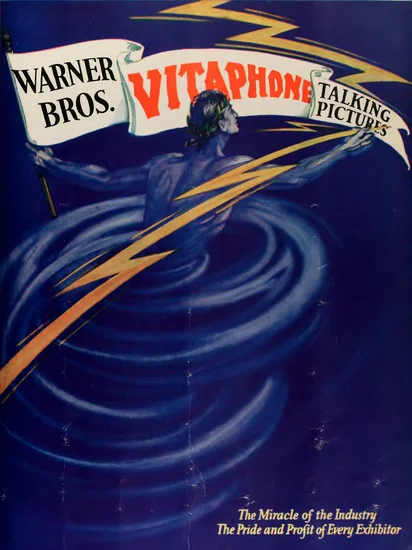
The first public screening using the Vitaphone sound-on-disc system took place. This technological breakthrough represented a major advancement in motion picture production.
The Vitaphone process synchronized sound with film projection. This innovation would soon revolutionize the entertainment industry and end the silent film era.
1956 – DuMont Television Network’s Final Broadcast
The DuMont Television Network made its final broadcast after going bankrupt in 1955. The network concluded with a boxing match from St. Nicholas Arena in New York.
DuMont had been one of America’s pioneering television networks. Its closure marked the end of an era in early television broadcasting history.
Religious and Social Events on August 6
1942 – Queen Wilhelmina Addresses U.S. Congress

Queen Wilhelmina of the Netherlands became the first reigning queen to address a joint session of the United States Congress. Her historic speech strengthened Dutch-American wartime relations.
The Queen’s appearance demonstrated the strong alliance between the two nations. Her address inspired continued American support for the Dutch resistance against Nazi occupation.
1901 – Kiowa Land Opened for Settlement

Kiowa land in Oklahoma was opened for white settlement, effectively dissolving the contiguous reservation. This action represented another chapter in the displacement of Native American tribes.
The land opening followed the federal government’s allotment policies. Thousands of white settlers rushed to claim former tribal territories.
2001 – Erwadi Fire Incident

Twenty-eight mentally ill persons tied to chains were burned to death at a faith-based institution in Erwadi, Tamil Nadu. This tragedy highlighted the poor treatment of mental health patients in India.
The incident sparked national outrage and calls for mental health reform. The tragedy led to increased scrutiny of institutional care for mentally ill individuals.
Business and Economic Events on August 6
1960 – Cuba Nationalizes Foreign Property
Cuba nationalized American and foreign-owned property throughout the nation during the Cuban Revolution. This sweeping economic policy dramatically altered Cuba’s relationship with foreign investors.
The nationalization affected billions of dollars in foreign assets. This action intensified tensions between Cuba and the United States for decades to come.
1990 – UN Orders Trade Embargo Against Iraq
The United Nations Security Council ordered a global trade embargo against Iraq following its invasion of Kuwait. This comprehensive embargo aimed to pressure Iraq’s withdrawal from Kuwait.
The embargo restricted virtually all trade with Iraq. These economic sanctions would remain in place for over a decade with devastating consequences.
Transportation and Infrastructure on August 6
1997 – Korean Air Flight 801 Crashes

Korean Air Flight 801 crashed at Nimitz Hill, Guam, killing 229 of the 254 people aboard. The tragedy became one of the deadliest aviation accidents in Pacific region history.
Poor weather conditions and navigation errors contributed to the disaster. The crash led to significant improvements in aviation safety protocols and pilot training.
1926 – Gertrude Ederle Swims English Channel

Gertrude Ederle became the first woman to swim across the English Channel. Her historic achievement shattered gender barriers in athletic accomplishments.
Ederle’s swim captured international attention and inspired countless women athletes. Her feat demonstrated that women could excel in the most demanding physical challenges.
Sports and Recreation on August 6
1922 – Freddie Laker Born

Freddie Laker, the English businessman who founded Laker Airways, was born. His entrepreneurial vision would revolutionize affordable air travel for ordinary citizens.
Laker’s innovative approach challenged established airline monopolies. His budget airline concept influenced the development of today’s low-cost aviation industry.
1960 – Dale Ellis Born
Dale Ellis, the American basketball player, was born. His exceptional three-point shooting ability would make him one of the NBA’s most feared long-range specialists.
Ellis’s shooting skills helped popularize the three-point shot in professional basketball. His career spanned multiple decades and influenced modern basketball strategy.
1990 – David Robinson Born
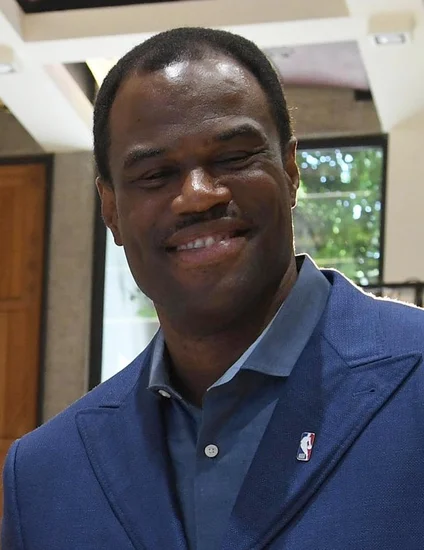
David Robinson, the American basketball player and Navy lieutenant, was born. His combination of military service and athletic excellence earned him the nickname “The Admiral.”
Robinson’s NBA career with the San Antonio Spurs included multiple championships. His leadership both on and off the court made him a respected figure in professional sports.
Notable Births on August 6
1911 – Lucille Ball Born
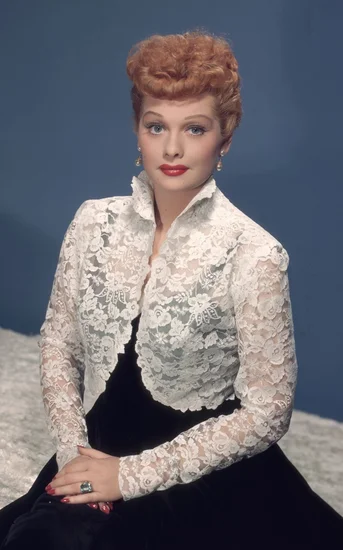
Lucille Ball, the legendary American actress and television producer, was born in Jamestown, New York. Her comedic genius would revolutionize television entertainment for generations.
Ball’s groundbreaking show “I Love Lucy” became one of television’s most influential programs. Her business acumen made her one of Hollywood’s most powerful women executives.
1917 – Robert Mitchum Born
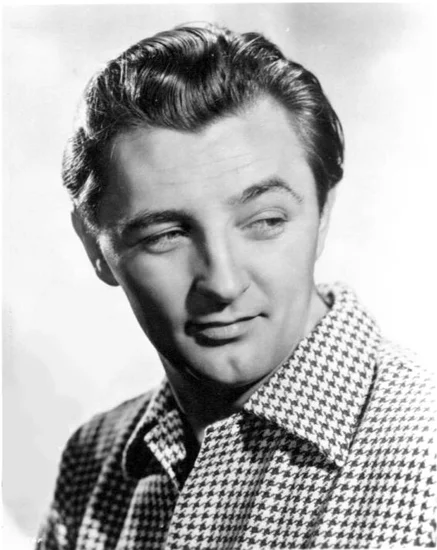
Robert Mitchum, the iconic American actor, was born in Bridgeport, Connecticut. His distinctive screen presence and laid-back acting style defined film noir and western genres.
Mitchum’s career spanned over five decades of memorable performances. His roles in classics like “The Night of the Hunter” cemented his status as a Hollywood legend.
1928 – Andy Warhol Born
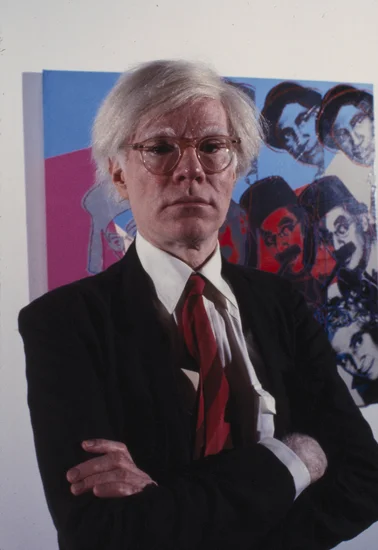
Andy Warhol, the revolutionary American artist and filmmaker, was born in Pittsburgh, Pennsylvania. His pop art movement transformed contemporary artistic expression and commercial culture.
Warhol’s silk-screen prints of celebrities and consumer products redefined modern art. His Factory studio became the epicenter of 1960s avant-garde culture and creativity.
1945 – Piers Anthony Born
Piers Anthony, the prolific English-American author, was born in Oxford, England. His fantasy and science fiction novels have captivated millions of readers worldwide.
Anthony’s Xanth series became one of fantasy literature’s most beloved franchises. His imaginative storytelling and wordplay have influenced countless aspiring writers.
1962 – Michelle Yeoh Born

Michelle Yeoh, the acclaimed Malaysian-Hong Kong actress, was born in Ipoh, Malaysia. Her martial arts skills and dramatic performances have made her an international cinema icon.
Yeoh’s breakthrough roles in Hong Kong action films established her as a pioneering female action star. Her later Hollywood success opened doors for Asian actresses globally.
1970 – M. Night Shyamalan Born
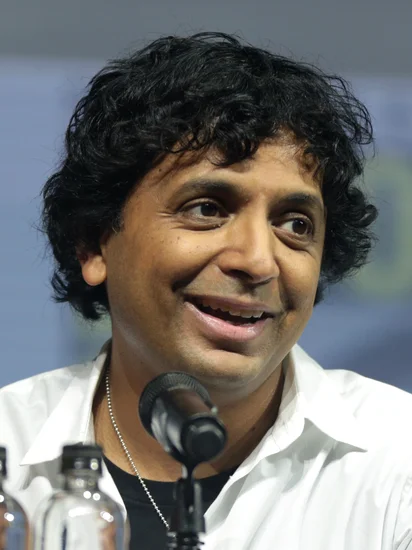
M. Night Shyamalan, the innovative Indian-American filmmaker, was born in Puducherry, India. His supernatural thrillers and twist endings have created a distinctive cinematic style.
Shyamalan’s breakthrough film “The Sixth Sense” became a cultural phenomenon. His unique storytelling approach has influenced modern horror and thriller filmmaking.
1972 – Geri Halliwell Born

Geri Halliwell, the English singer-songwriter and actress, was born in Watford, England. Her role as “Ginger Spice” in the Spice Girls made her a global pop culture icon.
Halliwell’s “Girl Power” message inspired young women worldwide. Her solo career and philanthropic work have continued her influence beyond music.
1973 – Vera Farmiga Born

Vera Farmiga, the talented American actress, was born in Clifton, New Jersey. Her powerful dramatic performances have earned critical acclaim and numerous awards.
Farmiga’s roles in films like “Up in the Air” showcased her exceptional range. Her work in horror films has also established her as a genre favorite.
1981 – Leslie Odom Jr. Born

Leslie Odom Jr., the accomplished American actor and singer, was born in Queens, New York. His Broadway and film performances have demonstrated remarkable versatility and talent.
Odom’s portrayal of Aaron Burr in “Hamilton” earned him a Tony Award. His musical recordings have showcased his impressive vocal abilities.
1983 – Robin van Persie Born

Robin van Persie, the Dutch footballer, was born in Rotterdam, Netherlands. His prolific goal-scoring ability made him one of Europe’s most feared strikers.
Van Persie’s career included successful stints at Arsenal and Manchester United. His leadership of the Dutch national team earned him international recognition.
Notable Deaths on August 6
1945 – Hiram Johnson Dies
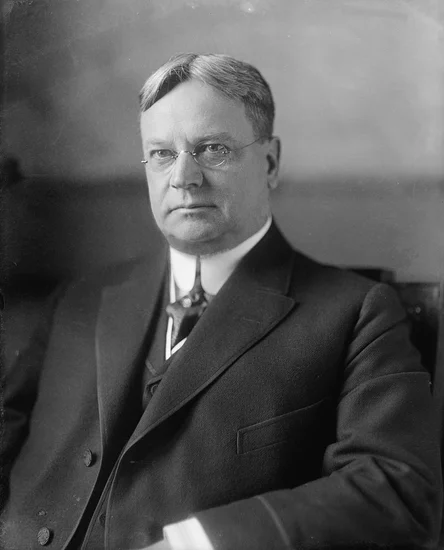
Hiram Johnson, American lawyer and politician who served as California’s 23rd Governor, died. His progressive political reforms had significantly influenced California’s development and American politics.
Johnson’s isolationist stance shaped America’s foreign policy debates. His political career spanned the Progressive Era and both World Wars.
1959 – Preston Sturges Dies
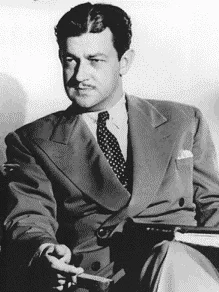
Preston Sturges, the innovative American film director and screenwriter, died. His satirical comedies had revolutionized Hollywood filmmaking during the 1940s.
Sturges became the first screenwriter to transition successfully to directing. His witty dialogue and social commentary influenced generations of filmmakers.
1978 – Pope Paul VI Dies
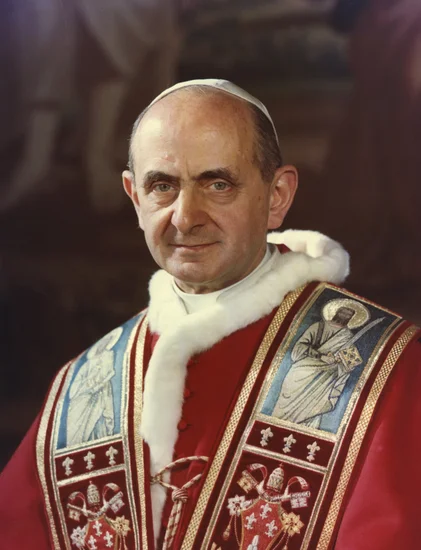
Pope Paul VI, who had led the Catholic Church through the transformative Second Vatican Council, died. His papacy had modernized many aspects of Catholic doctrine and practice.
Paul VI’s encyclicals addressed contemporary social issues and global peace. His leadership during the 1960s cultural revolution proved both challenging and influential.
1991 – Harry Reasoner Dies
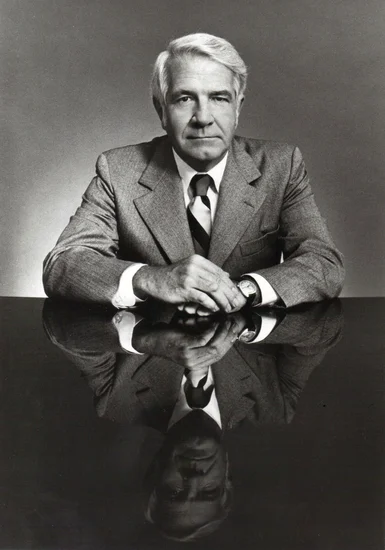
Harry Reasoner, the respected American journalist who co-created “60 Minutes,” died. His distinguished broadcast journalism career had shaped television news reporting standards.
Reasoner’s calm demeanor and insightful reporting earned viewer trust. His work at CBS News established him as one of television’s most credible journalists.
2004 – Rick James Dies
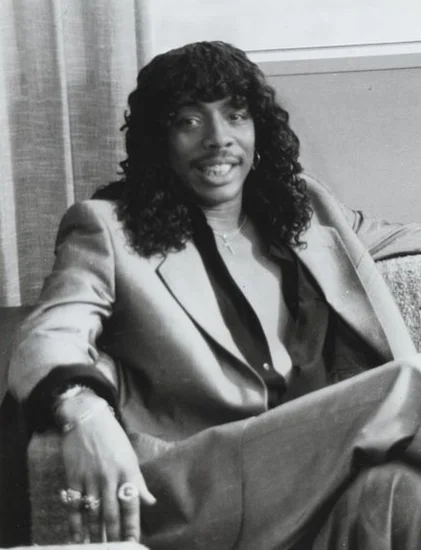
Rick James, the flamboyant American singer-songwriter and funk music pioneer, died. His innovative musical style had significantly influenced popular music during the 1980s.
James’s hit “Super Freak” became one of funk music’s most recognizable songs. His larger-than-life personality made him a memorable entertainment figure.
2009 – John Hughes Dies
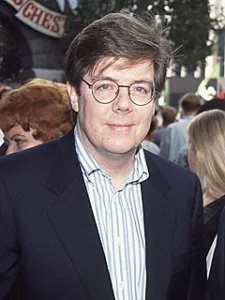
John Hughes, the beloved American film director and screenwriter, died. His coming-of-age films had defined teenage cinema during the 1980s.
Hughes’s movies like “The Breakfast Club” and “Ferris Bueller’s Day Off” became cultural touchstones. His understanding of adolescent experiences resonated with multiple generations.
2012 – Marvin Hamlisch Dies

Marvin Hamlisch, the accomplished American composer and conductor, died. His musical compositions for film and Broadway had earned him numerous prestigious awards.
Hamlisch achieved the rare EGOT status, winning Emmy, Grammy, Oscar, and Tony Awards. His score for “The Way We Were” became one of cinema’s most beloved themes.
Holidays and Observances on August 6
Independence Day (Jamaica)

Jamaica celebrates its independence from the United Kingdom, achieved in 1962. The nation commemorates its sovereignty with parades, cultural events, and patriotic celebrations throughout the country.
Jamaican communities worldwide participate in independence festivities. The day honors Jamaica’s journey from colonial rule to becoming a proud independent nation.
Hiroshima Peace Memorial Ceremony (Japan)
Hiroshima observes its annual Peace Memorial Ceremony, commemorating the atomic bombing victims. The ceremony promotes nuclear disarmament and world peace through remembrance and education.
Thousands gather at Peace Memorial Park for the solemn ceremony. The event serves as a powerful reminder of nuclear weapons’ devastating consequences.
Transfiguration of Jesus
Christians observe the Transfiguration of Jesus, celebrating the biblical account of Christ’s divine revelation. This feast day holds special significance in both Eastern and Western Christian traditions.
The observance commemorates Jesus’s transformation before his disciples on Mount Tabor. Many churches hold special services and prayers marking this sacred event.
Independence Day (Bolivia)
Bolivia celebrates its independence from Spain, achieved in 1825. The nation honors its liberation with military parades, cultural performances, and patriotic demonstrations.
Bolivian communities worldwide participate in independence celebrations. The day commemorates Bolivia’s successful struggle for freedom from Spanish colonial rule.
